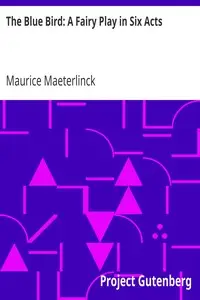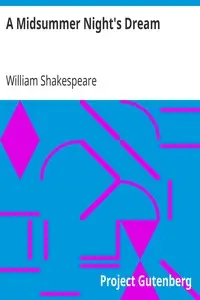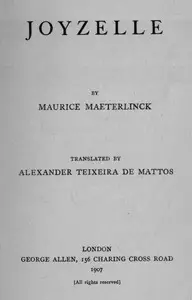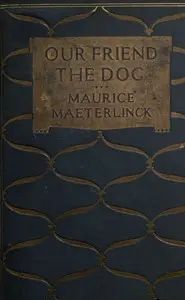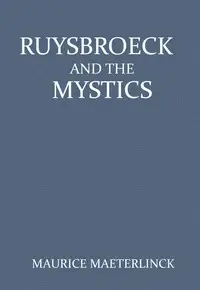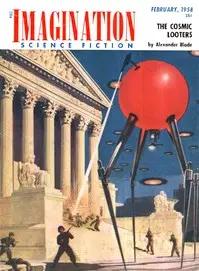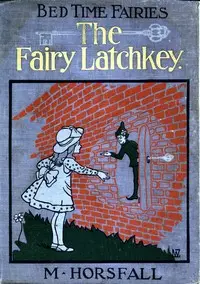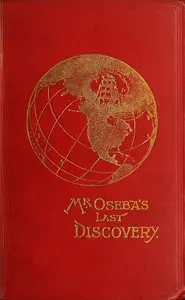"The Betrothal" by Maurice Maeterlinck is a fantastical play that follows the continuing adventures of Tyltyl as he seeks to discover true love with the aid of the fairy Berylune. Tyltyl, guided by magical forces, must choose among several young girls, each representing a different aspect of love. Faced with pressure and the weight of expectations, he struggles to understand his own heart while grappling with themes of destiny, choice, and the very nature of affection.

The Betrothal A Sequel to the Blue Bird; A Fairy Play in Five Acts and Eleven Scenes
By Maurice Maeterlinck
Aided by a fairy, a young boy must learn to discern genuine affection from a collection of potential sweethearts, discovering the nature of love and destiny along the way.
Summary
About the AuthorMaurice Polydore Marie Bernard Maeterlinck, also known as Count/Comte Maeterlinck from 1932, was a Belgian playwright, poet, and essayist who was Flemish but wrote in French. He was awarded the Nobel Prize in Literature in 1911 "in appreciation of his many-sided literary activities, and especially of his dramatic works, which are distinguished by a wealth of imagination and by a poetic fancy, which reveals, sometimes in the guise of a fairy tale, a deep inspiration, while in a mysterious way they appeal to the readers' own feelings and stimulate their imaginations". The main themes in his work are death and the meaning of life. He was a leading member of La Jeune Belgique group, and his plays form an important part of the Symbolist movement. In later life, Maeterlinck faced credible accusations of plagiarism.
Maurice Polydore Marie Bernard Maeterlinck, also known as Count/Comte Maeterlinck from 1932, was a Belgian playwright, poet, and essayist who was Flemish but wrote in French. He was awarded the Nobel Prize in Literature in 1911 "in appreciation of his many-sided literary activities, and especially of his dramatic works, which are distinguished by a wealth of imagination and by a poetic fancy, which reveals, sometimes in the guise of a fairy tale, a deep inspiration, while in a mysterious way they appeal to the readers' own feelings and stimulate their imaginations". The main themes in his work are death and the meaning of life. He was a leading member of La Jeune Belgique group, and his plays form an important part of the Symbolist movement. In later life, Maeterlinck faced credible accusations of plagiarism.

